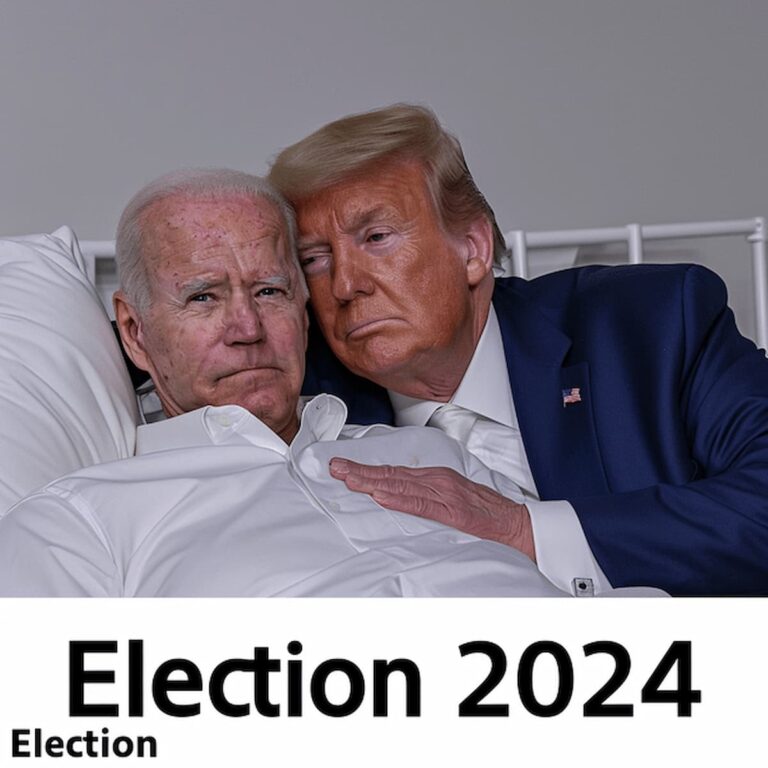
Key Takeaway:
Discover how Supreme Court rulings influence educational policies and practices in the United States, shaping the landscape of learning and student rights.
Introduction: Understanding the Influence of Legal Decisions on Education
The Supreme Court’s decisions on educational matters have profound effects on policies, curriculum development, and the rights of students and educators alike.
Educational Equality and Integration Efforts
- Brown v. Board of Education (1954):
- Issue: Addressed racial segregation in public schools.
- Outcome: Supreme Court declared segregation unconstitutional, marking a pivotal moment in civil rights history and laying the groundwork for desegregation efforts nationwide.
- Milliken v. Bradley (1974):
- Topic: Examined desegregation plans across school districts.
- Impact: Decision limited the scope of desegregation efforts to within district boundaries, affecting integration strategies.
Free Speech and Student Rights
- Tinker v. Des Moines Independent Community School District (1969):
- Issue: Explored students’ freedom of speech rights in schools.
- Result: Supreme Court upheld students’ rights to express political opinions, setting a precedent for free speech protections in educational settings.
Funding and Resource Allocation
- San Antonio Independent School District v. Rodriguez (1973):
- Issue: Addressed disparities in school funding based on property taxes.
- Consequence: Supreme Court ruled that educational funding disparities did not violate the Constitution, influencing funding structures and resource allocation.
Special Education and Disability Rights
- Board of Education of Hendrick Hudson Central School District v. Rowley (1982):
- Topic: Defined standards for providing educational services to students with disabilities.
- Outcome: Decision established the framework for Individualized Education Programs (IEPs) under the Individuals with Disabilities Education Act (IDEA).
Conclusion: Impact on Educational Policies and Rights
In conclusion, Supreme Court decisions profoundly shape educational practices and policies, impacting issues ranging from integration and free speech to funding and disability rights. These rulings reflect ongoing debates over equity, inclusion, and the balance between educational standards and individual rights.
For further exploration of recent Supreme Court cases in education and their implications, consult reputable sources such as Education Week and legal analyses from educational law experts.
Explore how Supreme Court decisions influence educational policies, shaping the landscape of learning and student rights in the United States.















